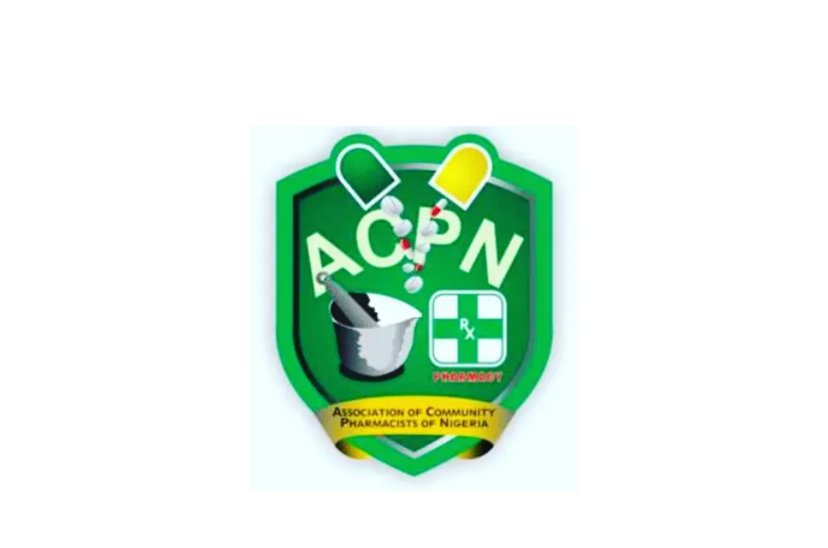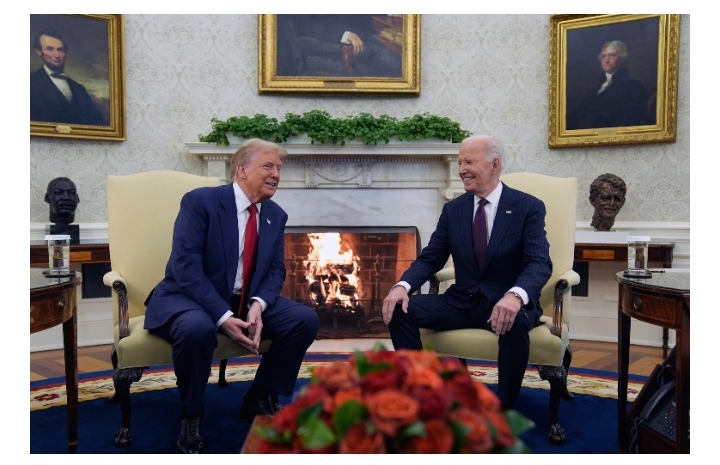The Alarming Rise of Fake Drugs in Nigeria: A Threat to Public Health
Nigeria is grappling with a serious health crisis, as the Association of Community Pharmacists of Nigeria (ACPN) reveals that over 50% of medicines in circulation are counterfeit or substandard. This staggering figure is significantly higher than the official estimates of 13% to 15%, raising concerns about the safety and efficacy of drugs available in the market .The ACPN’s National Chairman, Mr. Ezeh Igwekamma, disclosed this alarming statistic at a press briefing announcing the association’s 44th Annual International Conference. The situation is dire, and the public health implications are severe. Fake drugs can lead to treatment failures, adverse reactions, and even death .
Types of Fake Drugs
Some of the most common counterfeit medicines in Nigeria include .
Antimalarial drugs: Fake versions of artemisinin-based therapies, which can worsen malaria symptoms and contribute to thousands of deaths
Antibiotics:Counterfeit antibiotics can lead to treatment failures and the spread of antibiotic-resistant infections
Painkillers:Fake pain medications may contain harmful substances or no active ingredients, posing a significant risk to public health
Chronic illness medications:Counterfeit versions of medications for conditions like hypertension, diabetes, and asthma can put patients at severe risk
Regulatory agencies like the National Agency for Food and Drug Administration and Control (NAFDAC) are working to combat the menace of fake drugs. Some initiatives include .
Mobile Authentication Service (MAS): A free service that allows consumers to verify the authenticity of drugs using their mobile phones
GreenBook database:An online registry of verified medicines that can be searched by consumers
Blockchain-based traceability project: A cutting-edge technology aimed at tracking the movement of drugs and preventing counterfeits
The rise of fake drugs in Nigeria is a serious public health concern that requires immediate attention. The ACPN’s warning highlights the need for increased vigilance and cooperation between regulatory agencies, healthcare professionals, and the public to combat this menace. By working together, we can ensure the safety and efficacy of medicines and protect the health of Nigerians.






